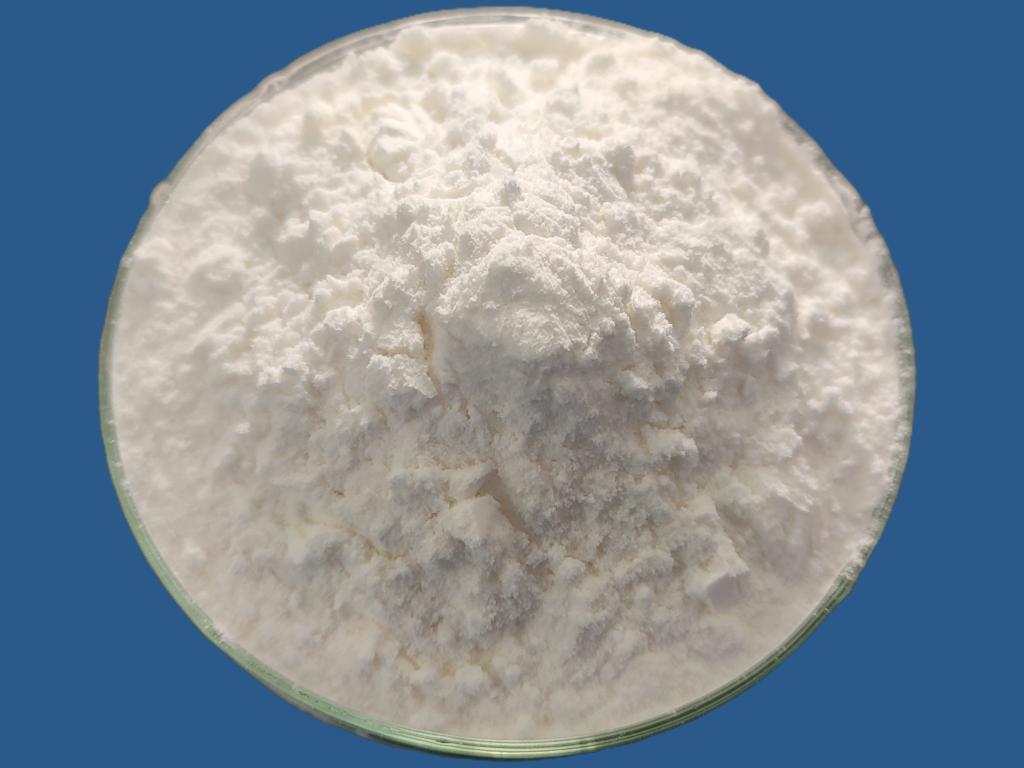Tel:+8618231198596

News
 CONTACT
CONTACT
 CONTACT
CONTACT
- Linkman:Linda Yao
- Tel: +8618231198596
- Email:linda.yao@dcpharma.cn
- Linkman:CHARLES.WANG
- Department:Overseas
- Tel: 0086 0311-85537378 0086 0311-85539701
News
ε-Polylysine Hydrochloride and Food Waste Reduction: A Sustainable Approach to Consumption
TIME:2023-12-15
The Scope of the Food Waste Problem
Understanding the magnitude of the food waste problem is crucial for appreciating the importance of sustainable solutions. This section delves into the current state of global food waste, exploring its environmental, economic, and social implications.
ε-Polylysine Hydrochloride: An Overview
Before exploring its role in food waste reduction, this section provides an in-depth overview of ε-polylysine hydrochloride. It examines the natural origin, antimicrobial properties, and safety profile that make ε-polylysine hydrochloride a sustainable alternative for food preservation.
Mechanisms of Action: How ε-Polylysine Hydrochloride Prevents Spoilage
Understanding how ε-polylysine hydrochloride works at the molecular level is essential. This section explores the antimicrobial mechanisms of ε-polylysine hydrochloride, focusing on its ability to inhibit microbial growth and prevent spoilage in food products.
Applications in Food Preservation
This section explores the diverse applications of ε-polylysine hydrochloride in food preservation. From fresh produce to processed goods, ε-polylysine hydrochloride's versatility makes it suitable for a wide range of products, contributing to the reduction of food waste in various sectors of the food industry.
Shelf Life Extension: A Key to Reducing Food Waste
Extending the shelf life of perishable food items is a pivotal strategy in minimizing food waste. This part of the article delves into how ε-polylysine hydrochloride contributes to shelf life extension, providing specific examples and case studies that illustrate its effectiveness in diverse food products.
Smart Packaging Solutions
The integration of ε-polylysine hydrochloride into smart packaging technologies represents a forward-thinking approach to food waste reduction. This section explores how smart packaging, incorporating ε-polylysine hydrochloride, can actively monitor and adjust conditions to optimize food preservation and reduce waste.
Consumer Education and Acceptance
For any sustainable solution to be successful, consumer acceptance and awareness are crucial. This section discusses the importance of educating consumers about the benefits of ε-polylysine hydrochloride, addressing potential concerns, and fostering a positive perception of this natural antimicrobial agent.
Economic and Environmental Impacts
Reducing food waste has economic and environmental implications. This part of the article explores how the widespread adoption of ε-polylysine hydrochloride can positively impact both economic efficiency in the food industry and environmental sustainability by lowering the carbon footprint associated with wasted food.
Regulatory Considerations and Industry Adoption
As ε-polylysine hydrochloride gains recognition for its role in food waste reduction, regulatory frameworks and industry standards become significant considerations. This section discusses the current regulatory landscape, potential challenges, and the steps needed for widespread adoption in the food industry.
Global Initiatives and Collaborations
The fight against food waste requires global cooperation. This section highlights ongoing initiatives, collaborations, and partnerships aimed at promoting the use of ε-polylysine hydrochloride in different regions and industries.
Future Outlook: ε-Polylysine Hydrochloride as a Cornerstone of Sustainable Consumption
In conclusion, ε-polylysine hydrochloride holds great promise as a sustainable solution for reducing food waste. By extending shelf life, optimizing packaging, and fostering consumer acceptance, ε-polylysine hydrochloride emerges as a cornerstone in the broader efforts towards sustainable consumption practices and a more resilient global food system.
- Tel:+8618231198596
- Whatsapp:18231198596
- Chat With Skype







